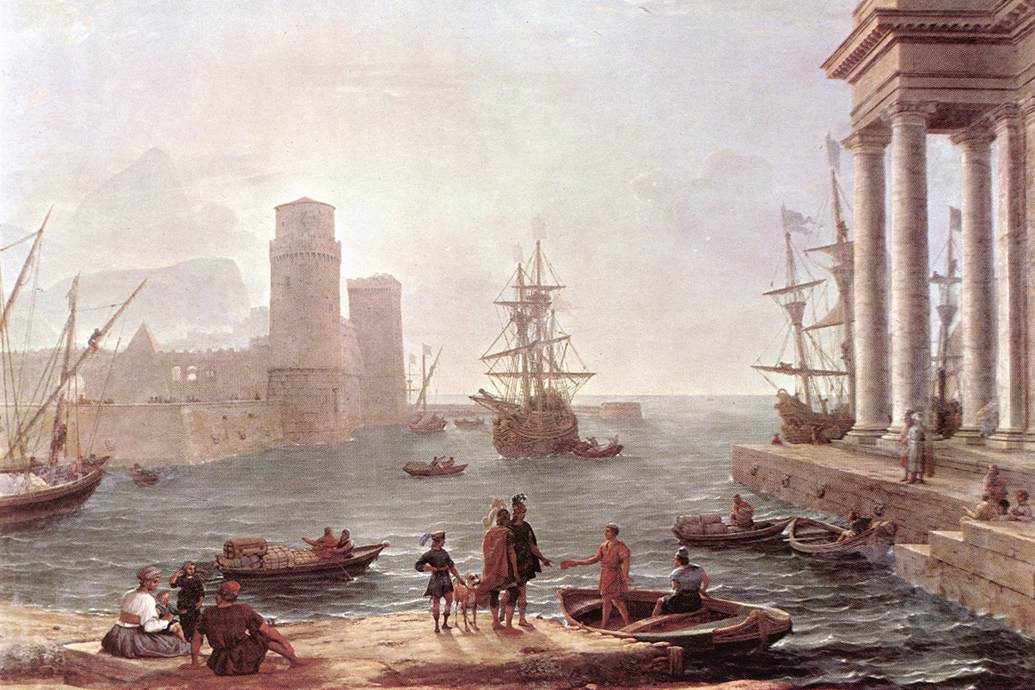Folklife Friday is a weekly digest of arts and culture articles, podcasts, and videos from across the web. Read on for a selection of the week’s best cultural heritage pieces, and don’t forget to check back next Friday for a new set of weekly picks.
Devotion: Zimbabwe’s Mbira Music
“You cannot play mbira without encountering the histories of resistance,” musician George Shire says of the African instrument. “It is integral to the story of the politics of liberation, the unfinished question of decoloniality.” In this article, writer Emma Warren frames mbira music as an intimate and spiritual sound of struggle. “It is not compatible with hate and anger or revenge—you couldn’t kill someone playing it,” Shire adds. “It has a sense of loss, belonging, of love, of sharing.”
Growing Up with the Odyssey
“I have lived in the United States for the past twenty years, and I turn back to the Odyssey when I try to make sense of the fact that my home is not in my native homeland,” writes classics professor Emily Wilson. In this essay, she revisits her many encounters with the epic poem and what each reveals about place and belonging. “These versions of the Odyssey taught me that the most interesting things happen in the spaces in between: not in the war or in Ithaca, not in school or at home, but somewhere else.”
The Psychology of Writing and the Cognitive Science of the Perfect Daily Routine
How can writers perfect their techniques, putting off distractions to focus solely on the task at hand? Bob Dylan once advised to “completely accept all the unconscious stuff that comes to you from your inner workings of your mind.” William Faulkner urged artists to find “whatever peace, whatever solitude, and whatever pleasure he can get at not too high a cost.” In the end, as Maria Popova explains here, writing is about practice—“showing up day in and day out, without fail.”
The Great Africanstein Novel
In her debut novel, Kintu, author Jennifer Nansubuga Makumbi explores the power of myth in Ugandan society. In this review, Namwali Serpell examines the rich subtleties of Makumbi’s work—nuances rarely discussed in the wider literary community. “Africa contains more countries, languages, ethnic groups, and genetic variation than any other continent. We are united solely by our history of division,” Serpell writes. “Yet African novelists are inevitably stuffed next to each other on panels and bookshelves.”
In Alaska’s Far-Flung Villages, Happiness Is a Cake Mix
“In the small, mostly indigenous communities that dot rural Alaska, box cake is a stalwart staple, the star of every community dessert table.” Julia O’Malley of the New York Times takes a closer look at the shelf-stable item’s popularity in a region where fresh eggs and milk are rare. Village “cake ladies” jazz up the mixes to fashion flavors such as salmonberry, tundra blueberry, and low-bush cranberry. “It’s a simple thing, making a cake from a box, but when you’re doing it at 30 degrees below zero in Alaska, you feel rich.”
Special thanks to editor Elisa Hough and to Michael Atwood Mason for their contributions to this week’s digest.


